Ignatian Practices
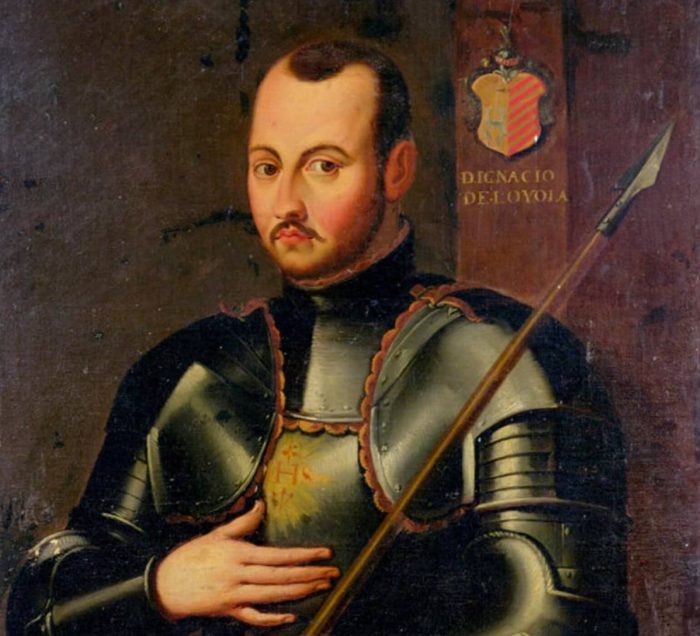
St. Ignatius of Loyola
We begin with the story of Ignatius, because he is the founder of the spiritual tradition upon which this retreat center is grounded. Ignatius was born in 1491, in the remote, northern Basque region of Spain, into a family of minor nobles. His only early education was at home and then at the court of Charles V, King of Spain and Holy Roman Emperor.
Ignatius was known as a vain, honors-seeking, combative, womanizing figure. Ignatius’ life changed, when he led a charge, at the French border, in a foolish battle where his troops were outnumbered. A canon ball shattered his leg, and his career.

Recovery & Awakening
Recovering at the Loyola family castle, Ignatius was restless to read romantic novels of chivalry he’d been accustomed to at court. Instead, all his family had were two books: a life of Christ and a book of the lives of the saints. Reading these, Ignatius learned the language of the interior life and a relationship with God. For, when Ignatius dreamed of the romantic stories of his youth, he noticed that the pleasure and peace did not last. When he read the religious works, his heart swelled with emotion. Those memories stayed with him and were clearly from God. This was the heart of Ignatius’ journey to become a person who would help people around the world, for the past four hundred years, to come to know the workings of God in their lives.
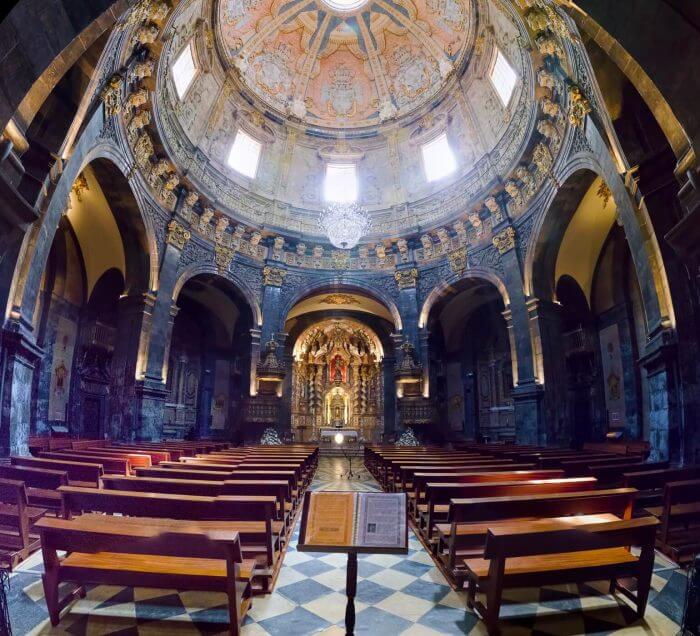
Journey & Transformation
Ignatius progressed in his journey when he spent eleven months in a small town of Manresa in eastern Spain. It was there that Ignatius grew in spiritual depth. He tried to be “holy” through his own efforts of extreme devotions. Eventually, he learned an analogy. As a soldier, he knew that if one was out of shape physically, physical exercise would help with greater strength, stamina and endurance. The analogy he learned was in discovering that he was out of shape spiritually, and lacked the strength, stamina and endurance for true spiritual growth – which he needed for a life of virtue and service. He discovered that spiritual exercising was transformative for him. He described it as growing in spiritual freedom – being able to make decisions that were not influenced by the un-freedoms in our lives.
Intimacy with God
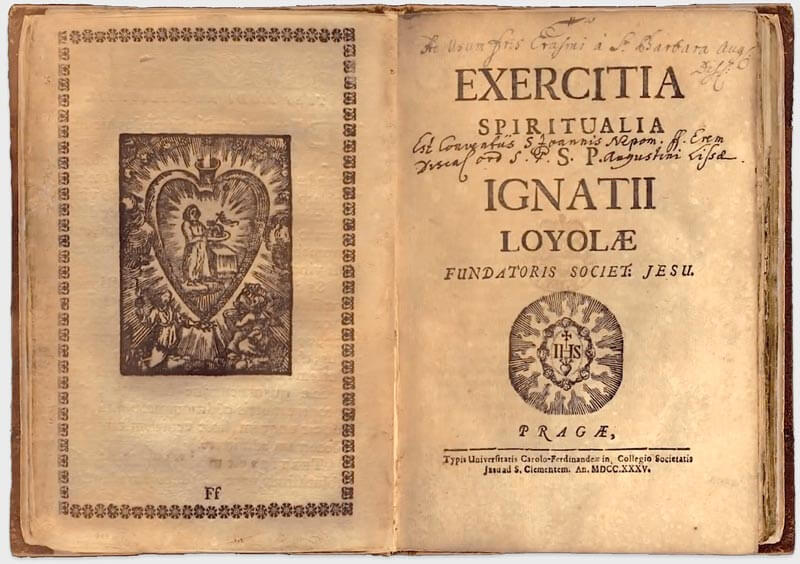
After his Manresa experience, Ignatius tried to share his “Spiritual Exercises” with others only to find himself thrown into prison several times – the Spanish Inquisition and Reformation was in full force at this time. With no education or credential to be a spiritual guide, especially about deeply spiritual matters, Ignatius discerned that he needed an education if he was to be effective. He went to the top school of his day, the University of Paris, and along with a number of companions, all his spiritual reflections became grounded in a well-rounded education. This group of companions formed the Society of Jesus, devoting themselves to service for the Church. Ignatius’ Spiritual Exercises became the centerpiece of Jesuit formation and ministry. In Ignatius’ day, if you wanted to become a holy person, you’d leave the world and go to a monastery. The vision of Ignatius and his companions, from the Exercises, was that they desired to become “contemplatives in action,” “seeking and finding intimacy with God in all things.”
The Spiritual Exercises
The Spiritual Exercises is the title of Ignatius’ book, which is in the form of a manual, permitting someone to guide others through making an individual, 30-day long, solitary experience of spiritual exercising, according to a pattern of movements parallel to Ignatius’ own journey.

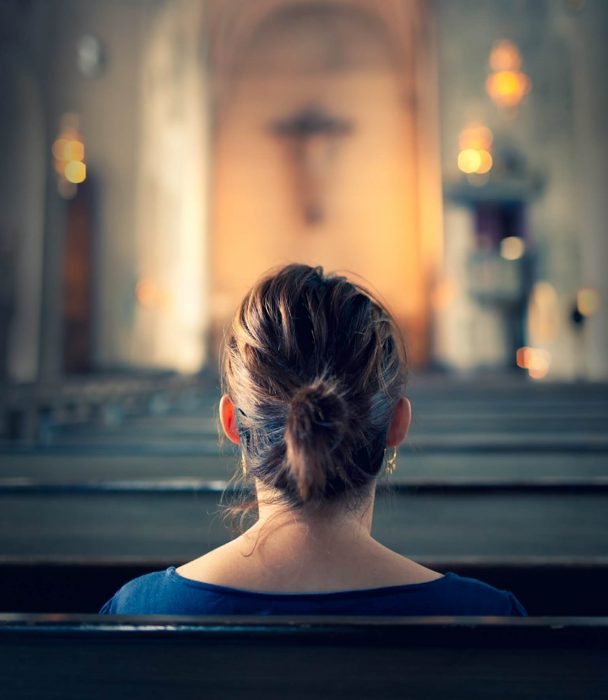
Adopting The Practices
Within that manual, Ignatius encourages the one giving these exercises to “adapt” them to the needs and conditions of people making them. He acknowledges that the Exercises are designed for a special, small group of people who could get away for 30 days to be alone with God and a spiritual guide to make them in their entirety.
So, he suggests that, for some, these exercises might be spread out over the course of eight months or so, with the guide adapting them, according to a number of carefully crafted directions Ignatius offers in the text. He even suggests that, for some, for whom time is very limited, these exercises can be abbreviated and simplified. It is from this guidance that individually directed 8-day retreats and weekend preached group retreats became popular ways of sharing the movements of these exercises with many people.
Each form of the adapted Exercises offers us an opportunity to make a “retreat.” This is a military term, originally. An army battalion might retreat from a heavy battle to step back and to re-group, to replenish their resources, and to prepare themselves to return to the engagement better prepared.
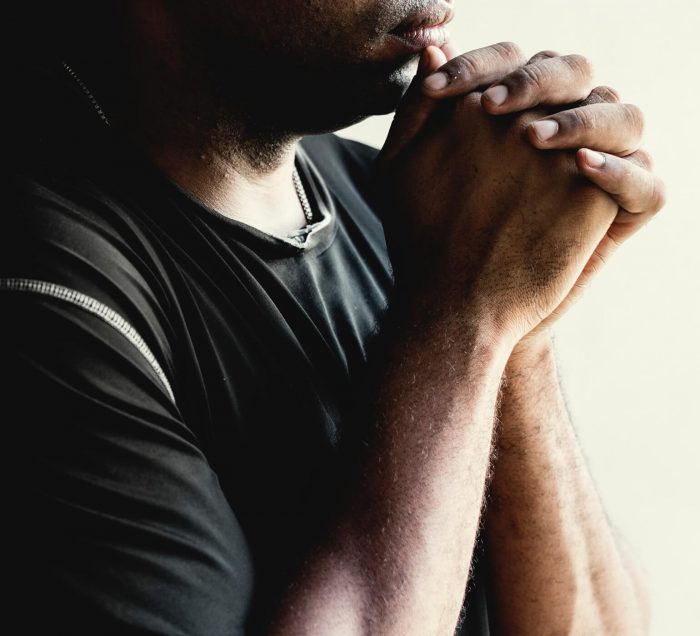
The Exercises are an opportunity to retreat from our everyday lives, which can be draining and even discouraging, and to retreat to a place of solitude and reflection. A retreat’s purpose is to offer an opportunity for personal and spiritual renewal, and to let ourselves be refocused and re-missioned, according to God’s graces and purpose for us. A retreat like this can calm our fears, give us perspective, and clarify our vision. And, it offers spiritual freedom – the ability we need to be less pushed around by the movements within us that are not from the Holy Spirit.
Many describe the retreat experience as being “set on fire” to return to their everyday life, more spiritually centered, with a renewed vitality. And in a world where we are bombarded with information and demands on our time, the Ignatian Exercises remain as relevant as ever.
We thank Fr. Andy Alexander, S.J. for contributing this information. Fr. Alexander is the Director of the Collaborative Ministry Office at Creighton University. He is the co-creator of Creighton’s Online Ministries web site, which includes the Online Retreat for Busy People. For more information about the Online Retreat for Busy People, please click here.
The Cloisters on the Platte Retreat Experience
For those desiring a spiritual renewal, greater spiritual freedom, and a deeper encounter with God, this retreat center will offer the graces of The Spiritual Exercises of St. Ignatius in the form of an extended weekend retreat.
The invitation of the Cloisters on the Platte is for anyone to come and to give oneself the gift of this time away for the renewal in spiritual exercising, which this Jesuit/Ignatian tradition can offer.
People who had never done anything like this before say that it was a powerful way to learn to pray, to learn to listen to God, and to discover one’s own self, with greater honesty and integrity. People who have made many of these retreats say that coming back again each year has become a welcomed, perhaps necessary, part of their renewed, adult relationship with God. And, people who have made one of these retreats are continually encouraging others to experience what they have found so valuable in their lives. They become “fires that ignite other fires.”
Three days of silence,
a lifetime of transformation
Experience a weekend at
The Cloisters on the Platte.

